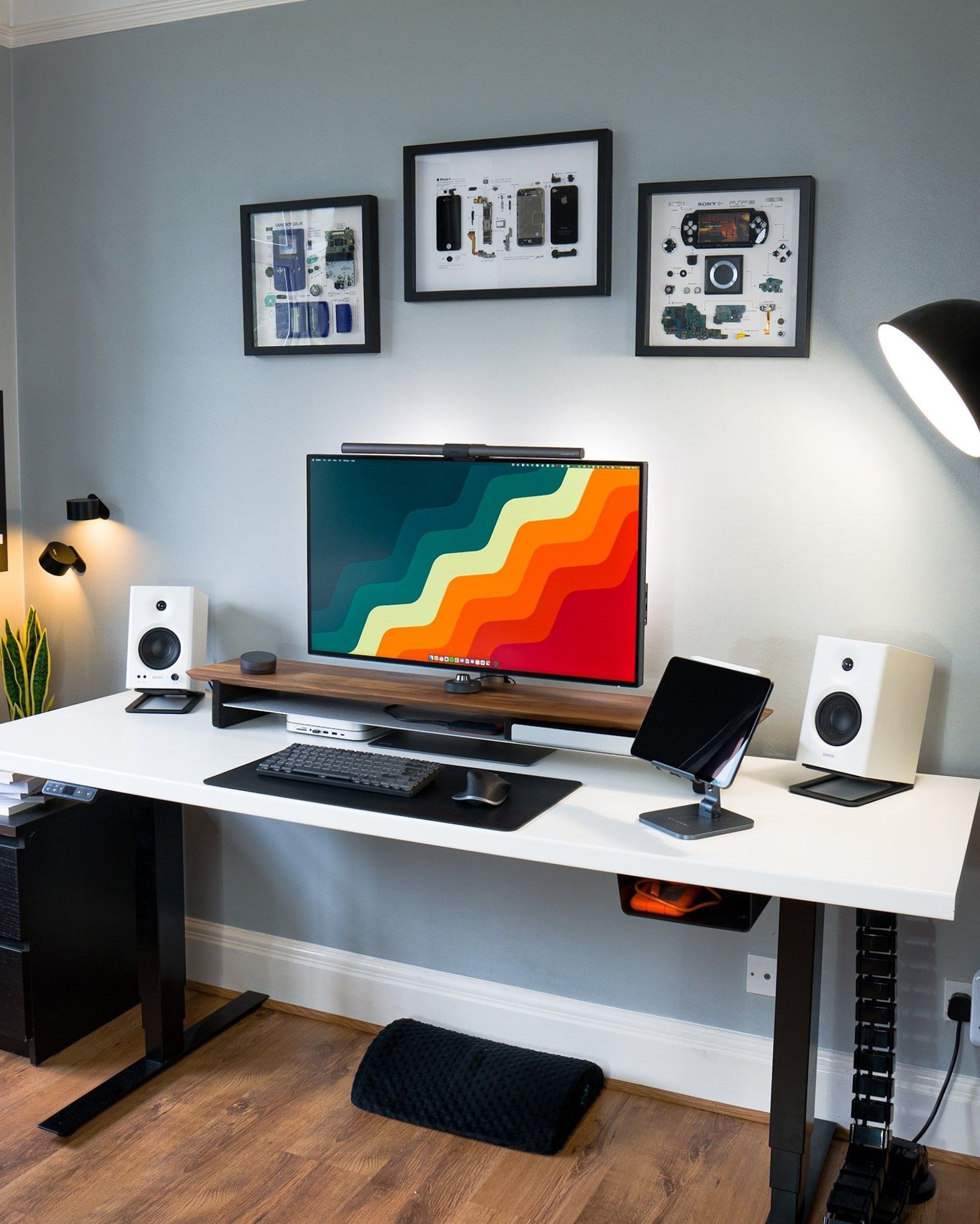Setting boundaries isn’t selfish — it’s essential. When you protect your time, energy, and values, you create space for growth, clarity, and deeper connections. Without boundaries, it’s easy to feel drained, resentful, or overwhelmed.
This article will help you understand, set, and maintain healthy boundaries — with confidence and compassion.
What Are Personal Boundaries?
Boundaries define what’s okay and what’s not in your relationships, time, and personal space. They can be:
- Physical (personal space, touch)
- Emotional (protecting your feelings)
- Time-related (how you spend your energy)
- Mental (what you’re willing to discuss or take in)
Boundaries are not walls — they’re bridges to mutual respect.
1. Know Your Needs and Limits
You can’t set a boundary if you don’t know what you need.
Ask:
- What drains me?
- What do I need more of in my life?
- What’s not okay for me anymore?
Self-awareness is the first step to self-respect.
2. Communicate Clearly and Calmly
You don’t need to explain everything — just be direct and respectful.
Use phrases like:
- “I’m not available at that time.”
- “I’m not comfortable discussing that.”
- “I need some time to recharge.”
Speak from your experience, not to blame.
3. Start Small
If boundaries are new to you, start in low-stakes areas.
- Say no to a social event you don’t want to attend
- Limit phone time with someone who drains you
- Block off quiet time on your calendar
Each boundary builds confidence.
4. Be Consistent
Boundaries lose power if you constantly break them.
- Stick to your limits, even if others push back
- Remind yourself why the boundary matters
- Be firm, not harsh
Consistency earns respect — from others and yourself.
5. Expect Some Discomfort
Not everyone will like your boundaries — and that’s okay.
- Some may push back or guilt-trip you
- Stay grounded in your values
- Discomfort is not the same as doing something wrong
Boundaries can feel awkward at first — but they get easier.
6. Protect Your Energy
Not everything or everyone deserves your time.
- Ask: “Is this adding or subtracting from my peace?”
- Use your energy wisely
- Give yourself permission to pause or walk away
Peace is a boundary too.
7. Reflect and Adjust
Boundaries aren’t fixed — they grow with you.
- What’s working?
- What needs to change?
- What new boundary do I need now?
Revisit your limits often.
Boundaries Are a Gift to You and Others
When you set healthy boundaries, you’re not just protecting yourself — you’re modeling respect, honesty, and self-worth. You show others how to treat you and how to treat themselves.
You don’t need permission to protect your peace. Start where you are. Speak your truth. And grow into the version of you who no longer apologizes for having needs.
